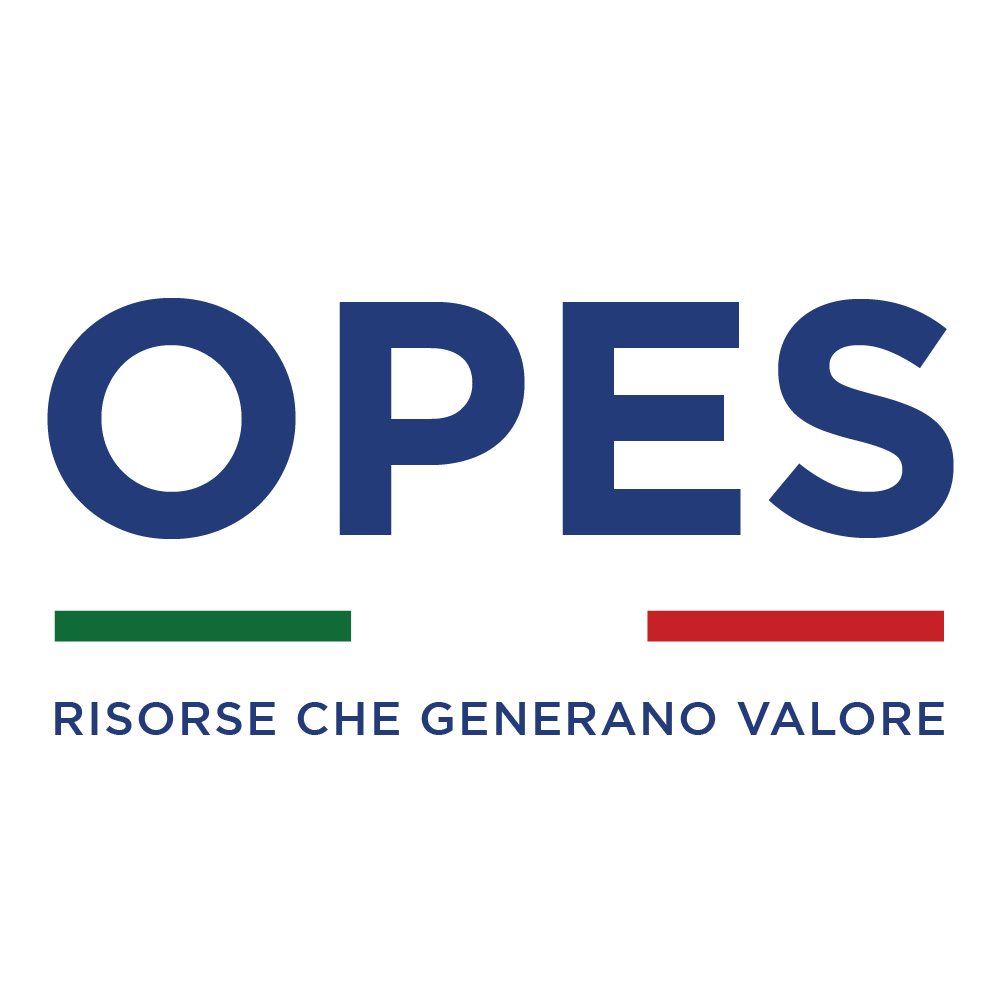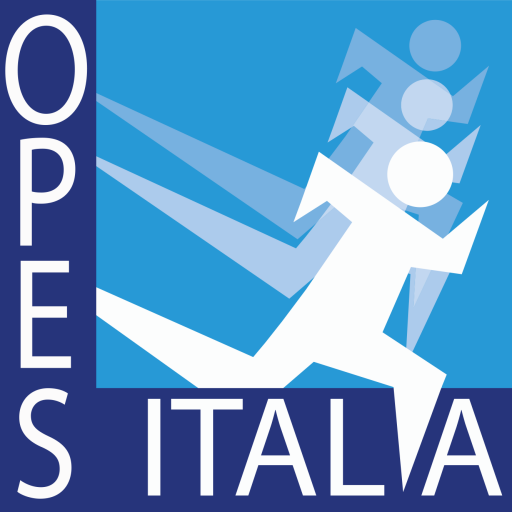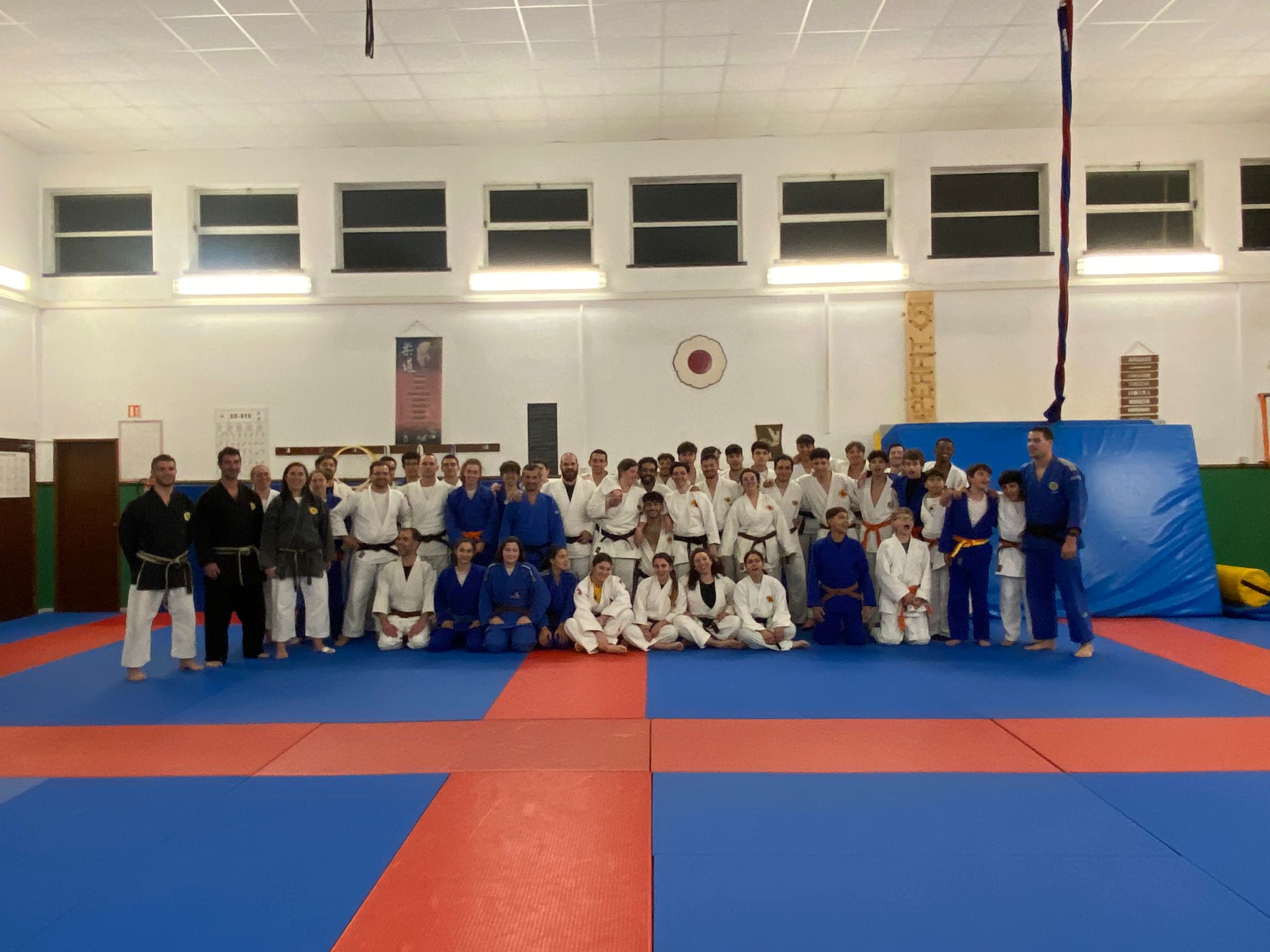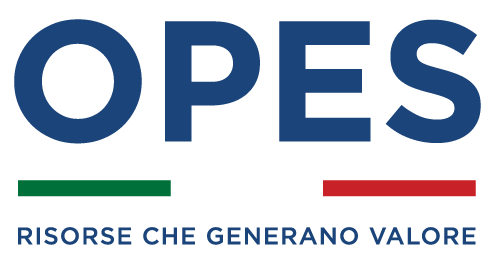WHY THIS PROJECT?
The project was created by the match between OPES’ mission and the needs found at the local level and specific to the Sicilian territory highlighted by the member of OPES, ASD Koshido Budo, based in Serradifalco (Sicily). Main needs on which the proposal was based were:
• Deal with the increased demand for grassroots sports in the local context of Serradifalco, linked to martial arts activities, identifying new ways of collaborating with local partners, providing activities and managing the club;
• Support the role of sport as a tool for social inclusion in an increasingly diverse landscape, to counter phenomena of separation from those perceived as “different”;
• Create for club members the opportunity to go beyond regional borders and perceive the values of sport beyond cultural and linguistic diversity.
OUR OBJECTIVES….
We identified the following objectives:
1) to involve a team of 10 participants (coaches and aspiring coaches) in a job experience at the GRG club in Mafra, learning, practicing and comparing the use of methodologies, tools and management methods of basic sports activities related to martial arts;
2) to allow participants to carry out an activity in a different context (for many it was the first trip abroad), challenging their limits and boundaries and experiencing sport as a tool that allows them to overcome linguistic and cultural barriers and identify with common European values;
3) to learn training and club management methodologies that have been adapted to the daily practice of the ASD in Serradifalco to allow the sports offer to be expanded and made more inclusive;
4) to make the team aware of the existence of European opportunities in the field of sport, through direct experience and to make them testimonials of the existing possibilities for members of the sports world.
HOW WAS THE PROJECT IMPLEMENTED?
We organized 3 main phases:
1) preparation phase- focused in particular on the identification and preparation of the team, the organization of the logistical aspects and the definition of the job shadowing program;
2) Mobility phase: carried out at the GRG club in Mafra (Portugal) from 15 to 24 February 2024. The program was built on the basis of the project objectives and the expectations discussed with the team, allowing for an all-round experience, useful for the work carried out in Sicily and with constant comparison with the local team. Moments of observation, practice, analysis, comparison and evaluation were alternated with informal moments with the local team.
3) Follow up and closure phase: a phase characterized by reporting what was learned on the territory and in the daily work of the club, by the constant individual and collective evaluation of the experience and by sharing the experience with the club members and other sports clubs, involved in different disciplines.
OUR RESULTS
With Koshido on the road, we achieved the following results:
• 10 coaches and aspiring coaches who took part in the job shadowing experience, training on the use of different training and club management methods;
• 10 participants directly experienced the opportunities offered by the EU and became promoters themselves, telling what happened;
• Both the starting team and the host team experienced how the common passion for sport leads to approaching and overcoming even language barriers, showing how difference often represents an asset;
• The creation of a travel diary by the participants, as a basis for sharing the experience achieved;
• the interest of other clubs in learning about how the Erasmus Plus program works and in approaching this experience, through the ASD Koshido Budo and OPES.
• the creation of an international network that involves, in addition to the initial associations, other actors (from Sicily and Portugal), intent on continuing in shared projects.
Funded by the European Union. However, the views expressed belong to the author(s) alone and do not necessarily reflect the views of the European Union or the National Agency for Youth (ANG). Neither the European Union nor the National Youth Agency (ANG) can be held responsible for them.




